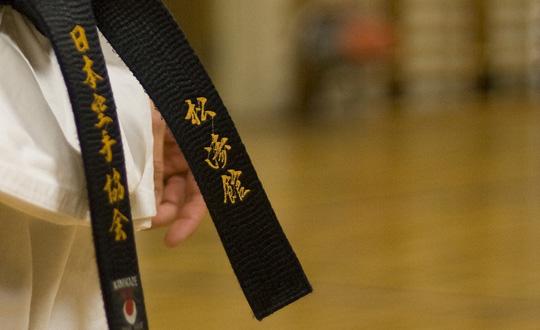
In his new book, Focus: The Hidden Driver of Excellence, Daniel Goleman offers a critical insight into the so-called “10,000-hour rule” – the idea that you need to put in about 10,000 hours of practice in order to achieve mastery in any field. The problem, he says, is that “If you are a duffer at golf, say, and make the same mistakes every time you try a certain swing or putt, 10,000 hours of practicing that error will not improve your game. You’ll still be a duffer, albeit an older one.”
The point is that it isn’t strictly the amount of time you put in, but the quality of that time. Goleman quotes Anders Ericsson, the Florida State University psychologist whose research on expertise spawned the 10,000-hour rule, as saying, “You don’t get benefits from mechanical repetition, but by adjusting your execution over and over to get closer to your goal.”
So, yes, you need to practice. But to make that practice count, you have to tweak your efforts by pushing, giving your full concentration rather than just your time, and—this is critical—having a feedback loop that allows you to spot errors and correct them. “Ideally that feedback comes from someone with an expert eye and so every world-class sports champion has a coach. If you practice without such feedback, you don’t get to the top ranks,” Goleman says.
Without the support of a skilled expert, coach, or mentor, your hours of practice (in building a business, learning a physical skill, meditation, anything) are likely to lead you to a plateau where you stop learning and growing. Goleman again:
“After about fifty hours of training – whether in skiing or driving – people get to that ‘good-enough’ performance level, where they can go through the motions more or less effortlessly. They no longer feel the need for concentrated practice, but are content to coast on what they’ve learned. No matter how much more they practice in this bottom-up mode, their improvement will be negligible.
The experts, in contrast, keep paying attention top-down, intentionally counteracting the brain’s urge to automatize routines. They concentrate actively on those moves they have yet to perfect, on correcting what’s not working in their game, and on refining their mental models of how to play the game, or focusing on the particulars of feedback from a seasoned coach. Those at the top never stop learning.”
If you’re human, you know that plateau. It’s a basic fact of how we’re designed and of survival skills like the conservation of energy. But while ‘good enough” may well be good enough in some aspects of our lives, it can also leave us feeling a lack of deep satisfaction and fulfillment in our careers, our intimate relationships, our daily life. Thankfully, there is a way to move beyond this empty feeling—the journey of mastery. And you are, we all are, capable of pursuing it.
Mastery is a daring choice. It requires time, commitment, focus, and support. Interested?

 About Us
About Us 
 SIGN UP FOR OUR NEWSLETTER
SIGN UP FOR OUR NEWSLETTER  Connect With Us
Connect With Us